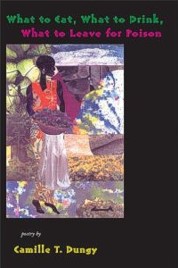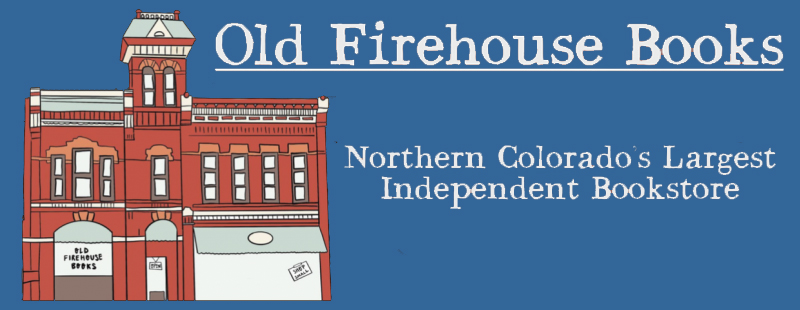What to Eat, What to Drink, What to Leave for Poison

Red Hen Press, 2006
In each section of What to Eat, What to Drink, What to Leave for Poison, the life experiences of individual Americans (family, famous, and infamous) serve as a frame of reference for exploring 20th century American life, specifically the role of race in the development and sustenance of personal relationships and aspirations. The book’s three sections are framed by sonnets which serve as meditations on certain disappeared and disappearing aspects of the natural world, reminding us that just as with family, authority, and urban spaces, conflicted relationships with plants, animals, and open spaces are an enduring legacy of our histories.
Awards
Finalist for the PEN Center USA 2007 Literary Award, and the Library of Virginia 2007 Literary Award
One of Small Press Distribution’s Top 25 Bestselling Books in 2006
Praise for the collection
Dungy’s powerful first collection recognizes language . . . as a lifeline into the past: “Some notes/gather: the bank we map our lives around” (“Language”). For Dungy, human voices are the key: those of beloved family members, of people receding into the past, touched by segregation’s injustice and/or the currents of history. In “Before My History Class,” a child, preoccupied with the Bible, remarks, “When I die/I want to meet all the dead. They’ll be dressed/and acting just like they did when they lived,” to which her mother replies, “Someday you’ll be more careful what you wish.” Elsewhere, the past is generations removed, though immediate in imagination, as in “The Preachers Eat Out”: a white waitress shatters the plates of the black patrons she’s served, though one preacher has the last word: “Lady, my one regret/is that we don’t have appetite enough/to make you break every damned plate inside this room.” Dungy’s ear for spoken language is near-flawless, and her subtle, resonant shifts in voice are always striking. . .
—The Antioch Review
Camille Dungy has a garden of verses that spring up with the sunshine or hide with you in the dusk. “Cleaning” best sums up What to Eat, What to Drink, What to Leave for Poison, an amazing poetry collection, when Dungy pens “understanding clearly/what is fatal to the body./I only understand too late/what can be fatal to the heart.” Take an ice tea and sit on the veranda or take a glass of wine and prop up in way you like your poetry, this book is a must.
—Nikki Giovanni
Award-winning African-American poet Camille T. Dungy presents What to Eat, What to Drink, What to Leave for Poison, a collection of free-verse poetry about the vagaries of life, milestone marks, and common day-to-day observations, all narrated with a down-to-earth flavor and a unique gift for succinctly shaping emotion into the briefest of stanzas. A colorful collection that both revels in the joys of life and mourns its tragedies.
—Midwest Book Review
Camille Dungy knows where she comes from. What to Eat, What to Drink, What to Leave for Poison is one of those family dinners where, hours later, everyone is still talking across the table. But, as in every family, things are complicated. Here, beneath overt sweetness, lurks covert rebellion. Which is just another way to say that these poems have both heart and irony. This is a fine first book.
—Lola Haskins, author of Desire Lines (Boa Editions)
In the title sequence of What to Eat, What to Drink, What to Leave for Poison, Camille Dungy invites her readers to “taste/what the world has to offer.” It is a tall order and the author herself leads by example and fulfills it marvelously, offering a stunning first collection that is both sweet with the richness of life and laced with the bitterness of knowledge. Through lyrics, portraits, narratives, and monologues, she explores the intricate relationship between her own family and the human family, personal history and American history, the human world and the ways humans have treated the Earth. What to Eat, What to Drink, What to Leave for Poison, is a work of sweep, breadth, and abundance–a major and magnificent book.
—Stuart Dischell, author of Dig Safe (Penguin)
Available in print and e-book





